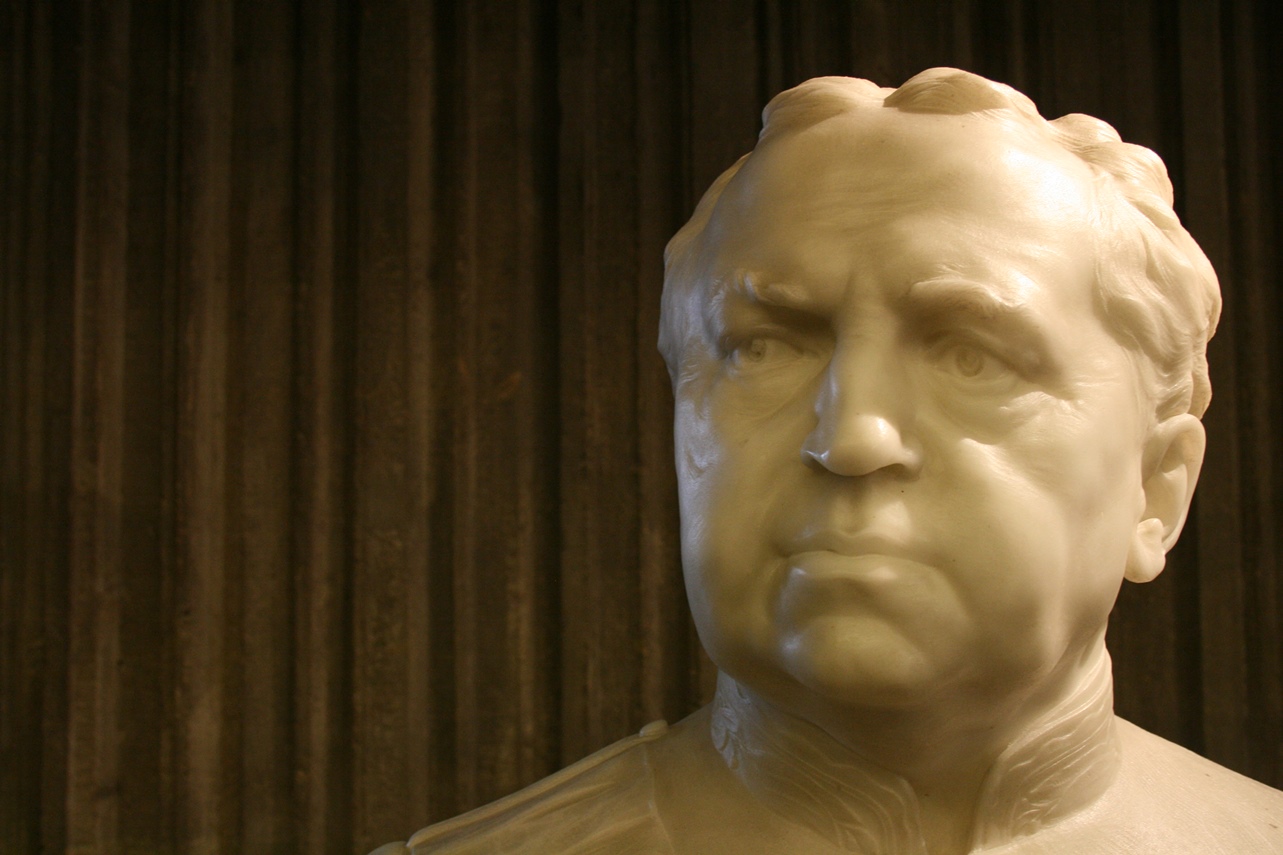W. Dale Brown, put in front of an audience, was always disarming: smart, artless, arch – and Calvin College’s Festival of Faith and Writing put him in front of many audiences. Given his druthers, though, Dale would station himself at the back of a crowd. From there, he could wink at the latecomers. He could chuckle, a little less than circumspect, at the speakers’ jokes and quirks. He could whisper along with the poets and commit the orators’ maxims to…
Jane ZwartFebruary 28, 2015









